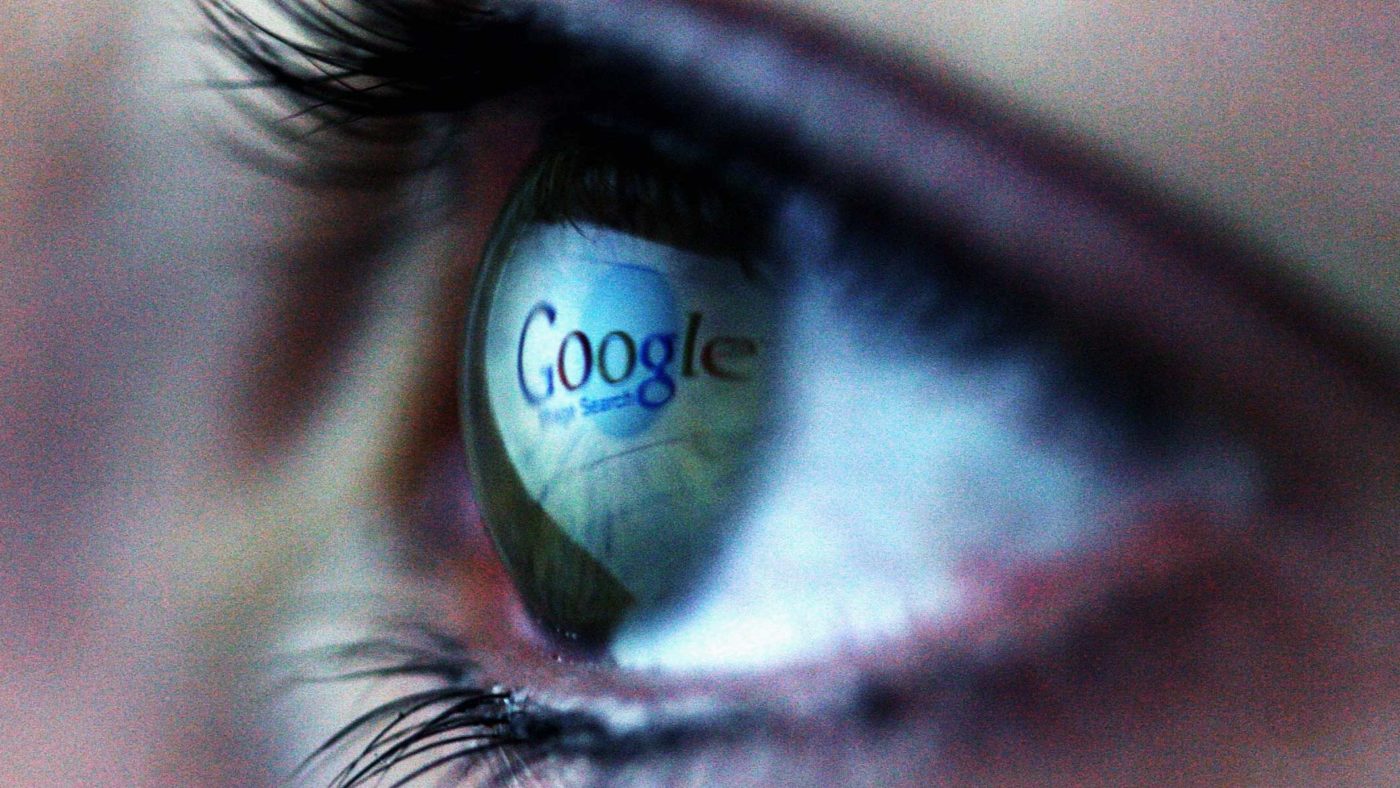It’s silly season, so no wonder the FT is publishing absurdities. Over in the pink pages, John Thornhill is suggesting that Facebook, perhaps Google as well, should be funding something like a basic income. Since the data they make so much money out of is our data, why shouldn’t we get something in return?
Which is to misunderstand both arithmetic and economics in rather a grand manner. Given that the idea seems to have started with Jaron Lanier perhaps we shouldn’t be surprised at the inadequacy of the logic.
To start with, revenues per rich world customer at both those giants are of the order of $10 to $20 annually. This is not a sum which makes any difference at all to a rich world person, certainly not as a form of any basic income. Note that that is revenue, not profit. That’s the arithmetic fail; the economic fail is that the data itself has no value. The fact that I addressed the internet through one IP address yesterday and another today is not information of any economic value whatsoever. However, knowing how many millions are in a certain country, addressing the internet through one or other regional provider, and gaining some insight into the location of those millions is of value. That’s what the adslingers are paying for in part: making sure that the burger bar in Burton is advertising to those in Burton, not those in Bradford.
It is, thus, the collection and processing of the sum of data which is the value generator. And, in an economic sense, Facebook and Google are systems to collect and process that sum of data. They are taking something valueless in isolation and transforming it into something of value. Their profits are the definition of that value added – the prices of their inputs are, by definition, the value of those inputs in alternative uses, the profit is the value by which their output exceeds those input costs.
An equivalent economic structure would be a copper mine. That mountain in Chile has copper in it. There are lovely atoms spread right through it but we need a system, a process, to collate those dispersed atoms into those shiny sheets of metal which then make up the cat-picture-delivering motherboards. This is why we call part of what Facebook and Google do “data mining”.
It is the mining which adds the value and thus the value, properly, belongs to those who do the mining. The profits from processing the data rightly belong to those who have built the systems to process the data.
There is similar confusion over the taxation of Amazon, in the Mail, and of AirBnb, in France. The trouble is that these big companies are doing lots of business and the politicians aren’t getting their cut.
But AirBnb isn’t paying much tax in France simply because that’s what international and EU law says it should be doing about tax. The European laws are the most important here, those four freedoms that we’re told Brexit will forever sever us from: the free movement of goods, services, people and capital across the Single Market. This does, yes, mean that a company in Ireland is allowed, or, indeed, encouraged to sell in France as if Lille is only as foreign as Limerick. This is not an error in the system, this is the system. Tax simply follows this very same logic, to be against this is to be against that entire idea of European Unity itself.
The Amazon case is different, in that we do not tax the turnover of a company, we tax the profits of a company. The Bezos model is that Amazon does not make profits. It makes gross margins, most certainly, it makes profits on lines of business. But the internal model of the company is that profits made this year on things doing well are directed into paying for the roll out this year of new things which might make profits next. That is, on an annual basis and across the whole business profits do not happen.
We might even posit that those times when modest profits are reported are an error, some bits just did too well while not enough plans for new ideas were rolled out. Amazon generally reinvests those gross margins, rather what we would like a company to be doing: expanding offerings, employing more people, generally applying capital to the task of making the world richer.
Complaining about the lack of tax take from this requires a certain sort of ignorance. Especially when the other major complaint about large companies is that they’re not investing their profits to grow the business and the economy thereby, they’re just paying them out to investors with share buybacks and dividends.
Even though it is silly season, there are some other, more pressing things we could be worrying about, such as the imminence of World War Three. But we should leave off the tech giants. They’re helping to make this uncertain world a better place.


